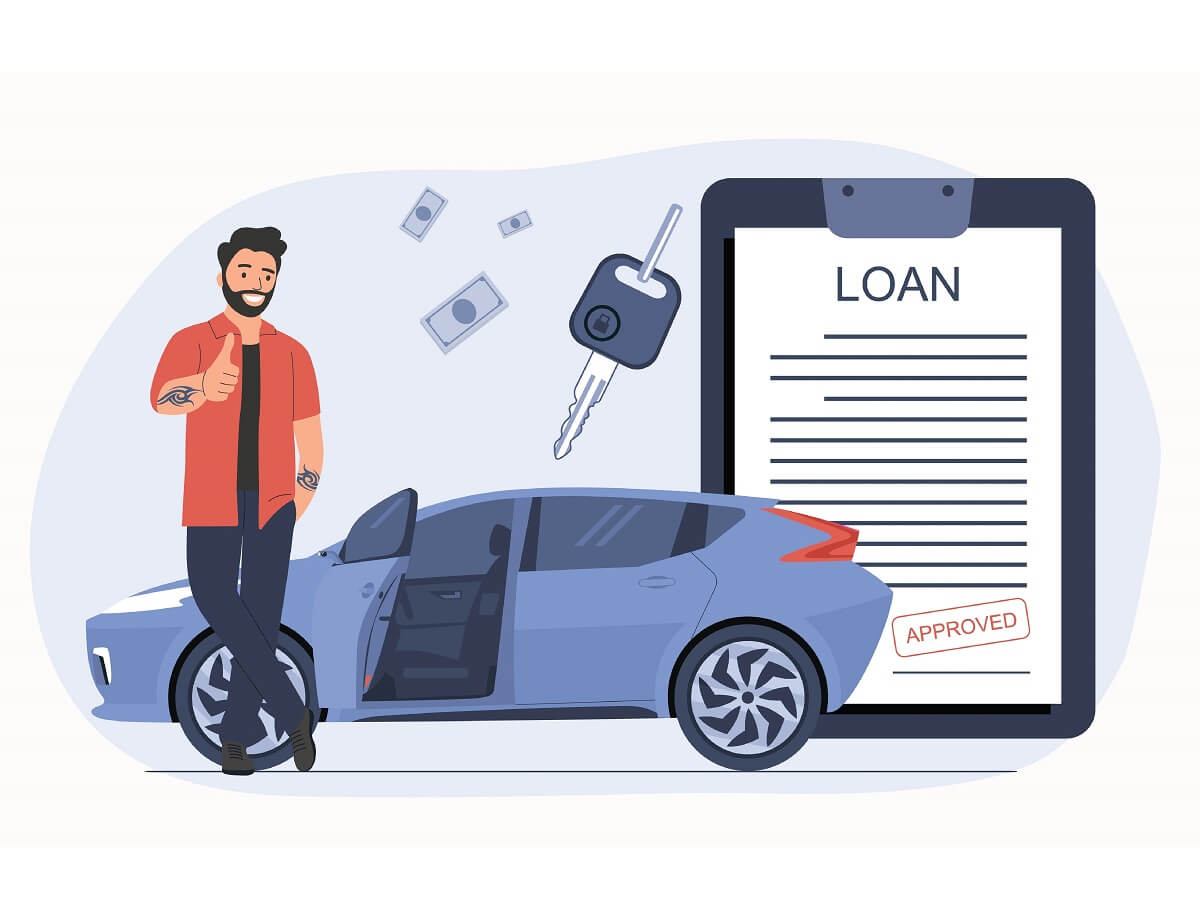Introduction
Owning a car brings joy and convenience to our lives. It allows us to commute comfortably and carry out our daily activities with ease. However, when it comes to financing the purchase of a car, many of us rely on car loans.
While the focus is often on securing the loan and buying the vehicle, it's equally important to keep track and know how to check car loan balance.
In this article, we will discuss seven compelling reasons why tracking your car loan balance is vital for your overall financial health.
1. Financial awareness
Regularly tracking your car loan balance provides a comprehensive view of your overall financial health. It helps you understand where you stand financially and enables effective financial planning. By knowing the exact amount, you owe on your car loan, you can make informed decisions about other financial commitments and allocate funds accordingly. This awareness allows you to stay in control of your finances and avoid any unexpected surprises.
2. Timely payments
One of the primary reasons for tracking your car loan balance is to ensure timely payments. Late or missed payments can have detrimental effects on your credit score and may lead to additional fees or penalties.
By monitoring your balance regularly, you can plan ahead and allocate funds towards the monthly installments. This proactive approach helps avoid late payment issues and maintains a positive credit history.
3. Interest management
Car loans come with an added cost in the form of interest. The more you owe on your loan, the more interest accrues over time. By knowing how to check car loan balance, you can calculate the interest on the outstanding amount and develop a strategy to reduce the overall interest burden.
For example, if you have surplus funds, you can make additional payments towards the principal amount, reducing the total interest paid over the life of the loan.
4. Credit score maintenance
Your credit score plays a crucial role in your financial journey. It determines your creditworthiness and affects your ability to secure future loans or credit cards. Timely payments on your car loan contribute positively to your credit history.
By regularly checking your car loan balance and making payments on time, you can safeguard your credit score and enhance your financial credibility.
5. Early repayment opportunities
Knowing how to check car loan balance opens up opportunities for early repayment. If you have surplus funds, you can consider paying off a portion or even the entire remaining balance before the loan term ends.
This not only saves you money on future interest payments but also provides you with financial freedom sooner than expected. It's important to check with your lender regarding any prepayment penalties or charges before making this decision.
6. Prevention of default
Regularly monitoring your car loan balance helps identify discrepancies or errors in your loan statements. Addressing these issues promptly is crucial in preventing misunderstandings that could lead to default on the loan.
By being proactive and reviewing your statements regularly, you can ensure the accuracy of the information and avoid any potential default situations.
7. Loan closure planning
Being aware of your car loan balance allows you to plan for its closure strategically. You can set specific financial goals to pay off the remaining balance ahead of schedule. This not only provides you with financial freedom but also reduces the overall cost of the loan.
By tracking your balance and making regular payments, you can work towards becoming debt-free sooner and achieve greater financial stability.
Conclusion
Tracking your car loan balance is vital for anyone managing a car loan. It provides financial awareness, ensures timely payments, helps manage interest, maintains a good credit score, presents early repayment opportunities, prevents default situations, and enables efficient loan closure planning. By knowing how to check car loan balance regularly, you can stay in control of your financial health and make informed decisions. At Mahindra Finance, we understand the importance of tracking your car loan balance. Our comprehensive range of car loans is designed to suit the needs of individuals from all walks of life. Whether you're looking to purchase a new car, or wondering how to apply for a car loan or refinance an existing loan, our flexible repayment options and competitive car loan interest rate can provide the financial support you need.
FAQs
1) How can I check my car loan balance?
In order to check your car loan balance, you can either contact your lender directly for an update on the outstanding amount or log into your online banking portal to view the details.
2) Can I change my car loan interest rate after availing it?
Generally, once you avail a car loan, the interest rate remains fixed for the duration of the loan term. However, some lenders may offer refinancing options that allow you to change your car loan interest rate under certain circumstances.
3) Will tracking my car loan balance affect my credit score?
No, tracking your car loan balance does not directly impact your credit score.
4) Can I negotiate my car loan interest rate?
While negotiating interest rates may not always be possible with all lenders, it never hurts to inquire about potential discounts or promotions that could lower your interest rate.
5) What information do I need to check my car loan balance?
You will need your loan account number, registered mobile number, and date of birth to check your car loan balance.





















































